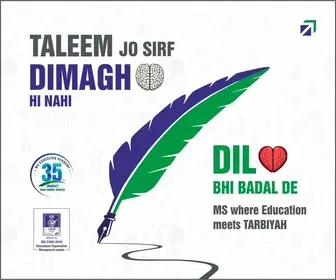
One word in Prime Minister Narendra Modi’s speech on the Independence Day from the Red Fort’s ramparts has been problematic to me. It was a “gift” of reduced GST rates come Diwali. No doubt a lowered rate on consumption items would be welcome, but the “gift” rankled. No government should give a gift but deliver the entitlements. Government is not a benefactor; it is an enabler.
Even if he had not used the word, the media would have trumpeted it. Like the “gift of a metro, a project, always avoiding the purpose and details but measured in the awesome crores of rupees to be spent. These could even be inflated and liable to cost overruns. Governments and their agencies, both at the states and centre are prone to it. They include leakages.
Govt. is a facilitator
There is an inbuilt assumption that the government is a provider and the people recipients; the latter is also used in its synonym: beneficiaries. That implies that the government is a benefactor, though it is only a facilitator in a democracy. But the governor acts like it is a giveaway of things that it should rightfully deliver. We are, partly at least, a welfare state.
Democracy’s primary purpose is a fairer society. Equality and inclusion goals. That empowers the citizens, not the statistics like GSP. The government has to help realise the people’s hopes and wishes. If the enablers like lower GST are designed to help unburden the poorer of taxes, it is a duty, not a gift. The government is a trustee, not a gift-giving ruler. The aspirations have to be enabled.
The “authority” is only to administer the laws and rules. How it is wielded and the responsibility it shows indicate the fairer element, if that exists. Chase for power is what is seen and the responsibility of the Government, and to “gift” is antithetical to a people who give their votes.”
Entitled recipients
I had written in a report on the Status of Social Justice in Maharashtra government. Here is an excerpt:
“The concept of ‘entitled recipients’ has to be acknowledged at all policy-making levels as well as the cutting edge of any administration, at the level where the individual citizen comes in contact with the delivery system. The citizen has to be seen, at least in the free market concept, as a consumer with attendant rights, in that someone, somewhere, is paying for those services in terms of taxes.
“Good governance is acknowledging the rights of the people and enabling them to secure their rights to a better life. Vulnerability to external and largely uncontrollable events—illness, violence, economic
shocks, bad weather, natural disasters — reinforce poor people’s sense of ill-being, exacerbate their material poverty, weaken their bargaining capacity, and their resolve.
Social discrimination
“Social discrimination, which implies a lack of concern, further aggravates it. That is why enhancing security, by reducing the risk of such debilitating events, is the key to reducing poverty. And so it is in reducing the poor and the discriminated people to risks and putting in place mechanisms to help them cope with adverse shocks.
“But actions will generally be necessary in all three areas, i.e., whipping up economic activity, investing in social sectors, and modifying the approach to governance to provide access to opportunities and resources and empowerment. These initiatives have to come from the full range of agents in society—government, civil society, the private sector, and the poor people themselves. Security comes in when access to resources and empowerment. Good Governance and good social outcomes are mutually reinforcing.”



